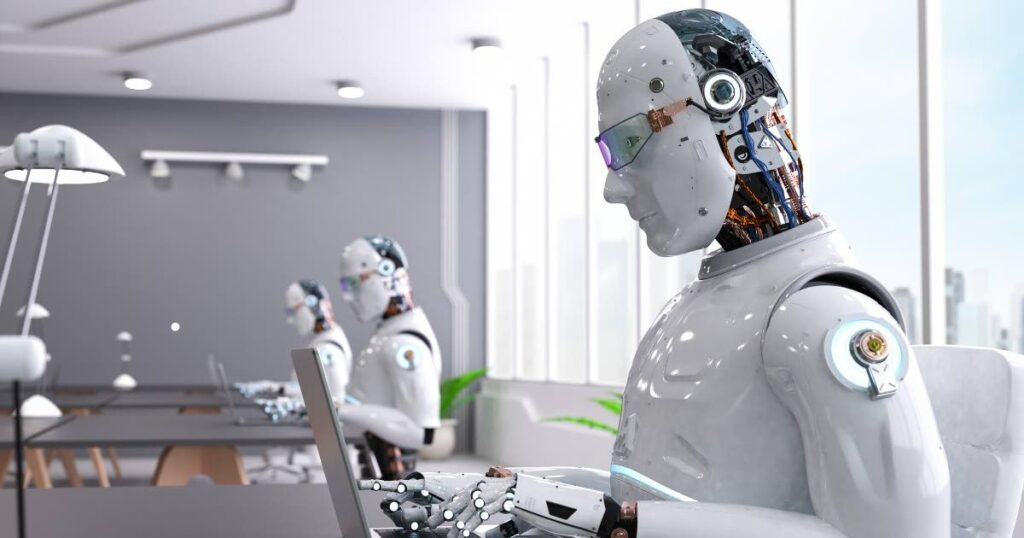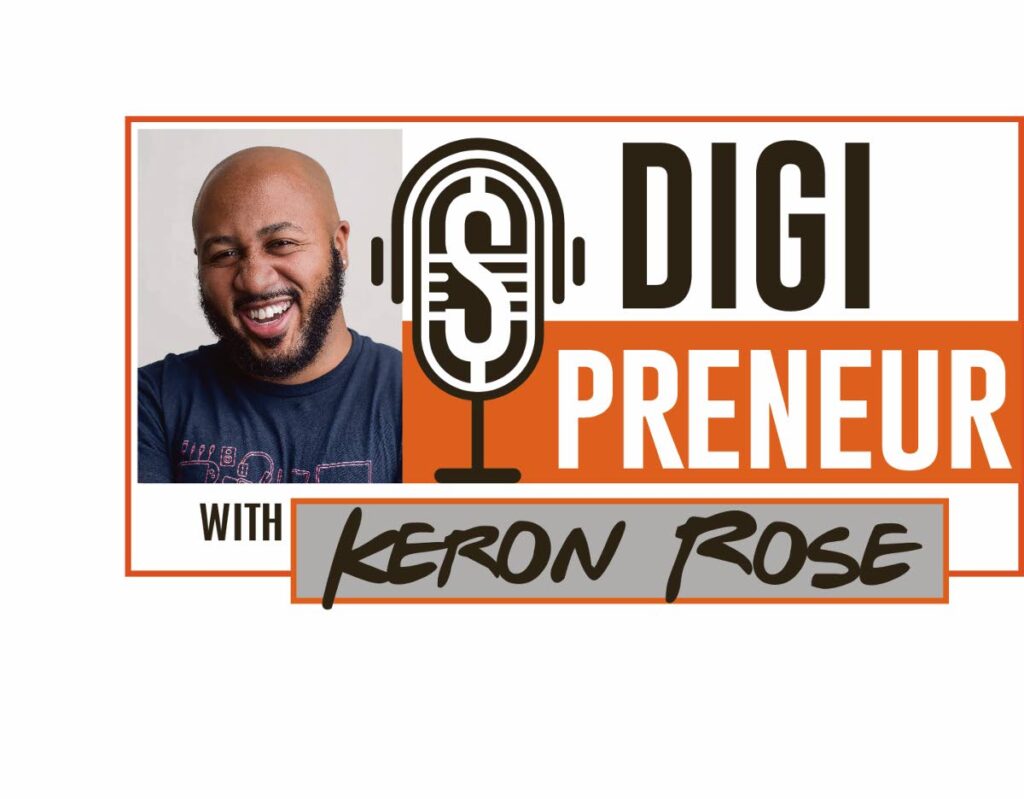Will AI replace marketers?

In recent years, the world has witnessed unprecedented advances in artificial intelligence (AI) technology, reshaping industries and redefining the boundaries of what machines can achieve.
As these AI-driven tools become increasingly sophisticated, they've ignited a fervent debate and growing concerns among professionals across various sectors.
Central to this discourse is the looming question: will AI replace human jobs?
The marketing industry finds itself at the crossroads of this debate, grappling with the potential of AI to automate tasks traditionally handled by human marketers.
Today, the world of marketing is buzzing with some cool new tools powered by AI.
One of the big things AI can do is understand and use human language, thanks to something called natural language processing.
There are also these big computer brain models, known as large language models, that can talk almost like humans and even write on their own.
You might have seen some of these AI tools in action without even realising it. Ever chatted with a customer service bot online? That's probably a "chatbot" powered by AI. And when you read articles or see ads that seem perfectly tailored for you, there's a good chance AI had a hand in creating or picking them.
Behind the scenes, AI is also great at looking through tons of data to figure out what customers like and don't like, helping businesses make better decisions.
Recently, a survey by Neil Patel, a well-known name in the digital marketing world, shed light on how marketers feel about AI. Many of them had mixed feelings.
Some were worried that AI tools might take over their jobs, while others believed these tools could help them do their work better. The key takeaway? While AI is making waves in the marketing scene, human marketers still have a unique touch that machines can't replicate.
Mike Maynard, the CEO of a marketing agency called Napier, also weighed in on this topic. He believes that while AI is changing the way marketers work, it's not something to be feared.
Instead, Maynard sees AI as a helpful tool that can handle tasks like data analysis quickly.
But when it comes to creativity, understanding people and building relationships, humans still have the upper hand.

In short, AI might change some parts of marketing, but it won't replace the human touch.
One of the standout benefits of using AI in marketing is its unmatched efficiency in gathering and understanding data.
In the vast world of digital marketing, there's a sea of information about what customers like, dislike, and desire. AI tools can quickly sift through this data, picking out patterns and insights that might take people much longer to spot. This means businesses can make informed decisions faster, ensuring they stay ahead of the curve.
Another big plus of AI is how it can handle boring and repetitive stuff. Think about tasks like sorting through customer feedback, sending out routine e-mails, or even scheduling social media posts. With AI, these tasks can be automated, freeing up marketers to focus on more creative and strategic aspects of their job. It's like having a helpful assistant who never gets tired and works around the clock.
Lastly, AI is a game-changer when it comes to personalising the customer experience. Ever noticed how online ads sometimes seem to "know" exactly what you've been looking for? That's AI in action. By analysing data, AI can help businesses tailor their messages, products and services to fit each customer's unique preferences. This means customers get what they want, and businesses increase their chances of making a sale. It's a win-win!
In the evolving landscape of marketing, it's crucial to understand that AI stands as a tool, not a replacement for human expertise. While AI brings remarkable capabilities to the table, its true potential shines when paired with human creativity and intuition. By fostering a collaborative environment between humans and AI, businesses can achieve optimal results that neither could produce alone.
Numerous case studies in the marketing realm underscore this synergy. For instance, many successful campaigns today leverage AI for data analysis and trend prediction while relying on human marketers for strategy and creative execution. This harmonious blend of technology and human touch ensures that marketing remains both efficient and genuinely resonant with audiences.
As AI and marketing merge, neither dominates the other. They complement each other, with AI providing efficiency and data insights, while humans add creativity and emotion.
Marketers must stay updated on AI trends, adapt, and utilise its strengths. This collaboration enhances marketing and ensures a harmonious future between technology and humanity.
Keron Rose is a digital strategist who works with Caribbean businesses to build their digital presence and monetise their platforms.
Learn more at KeronRose.com or listen to the Digipreneur FM podcast on Apple Podcast, Spotify or Google Podcast.


Comments
"Will AI replace marketers?"